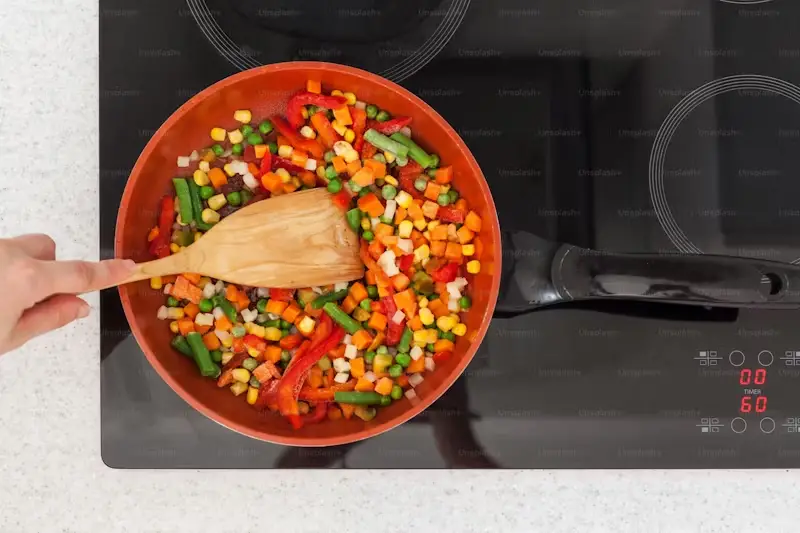
Constipation is something that practically everyone experiences at some time. Having irregular bowel motions can be frustrating, whether due to food, lack of activity, or dehydration. But there’s good news: eating the correct veggies can help! Here’s what nutritionists say about the greatest veggie for getting things started.
The Best Veggie for the Job – Green Peas

Green peas are an effective natural treatment for constipation. These little beans are loaded with fiber and minerals, making them an excellent choice. A single cup of cooked green peas has 9 grams of fiber, or 32% of the daily required amount. Peas include both insoluble and soluble fiber, with the former increasing bulk to stool, speeding up digestion and encouraging more easy bowel movements.
Hydration and Fluid Content.
In addition to fiber, staying hydrated is essential for avoiding constipation. According to the USDA, green peas contain about 80% water in addition to fiber. This high water content, along with the fiber, softens feces, making them easier to pass. Emily Maus, a dietitian, emphasized that staying hydrated is essential for keeping your digestive system running properly.
Magnesium, the Secret Constipation Fighter.

Green peas are also high in magnesium, which helps to relieve constipation. Magnesium helps pull water into the intestines, softening stool and increasing bowel movement frequency. A cup of green peas contains 15% of your daily magnesium need, which is another reason why this vegetable is a top pick for constipation relief.
How to Incorporate Green Peas Into Your Diet

Eating more green peas doesn’t have to be boring. You can enjoy them in various dishes, from soups to salads. Try incorporating more green peas into home recipes or simply toss them into a stir-fry for an extra fiber boost. The versatility of green peas makes them an easy addition to any meal.
Fiber, Fluids, & Magnesium: A Winning Combo
For people suffering from constipation, boosting fiber and water is critical. Green peas are the finest vegetable to help treat constipation since they are high in fiber, water, and magnesium. Including them in your diet, along with other fiber-rich vegetables, will encourage regular bowel movements and enhance your overall digestive health.